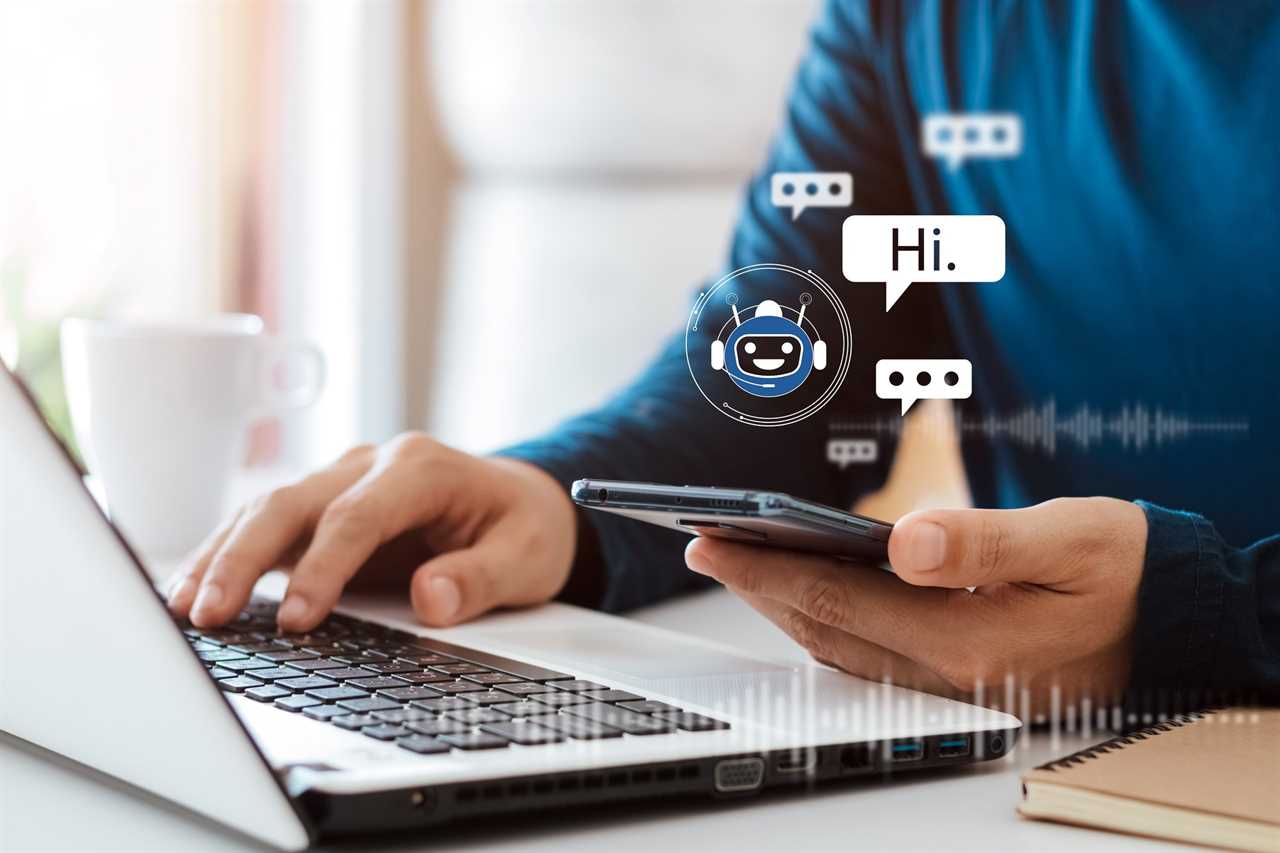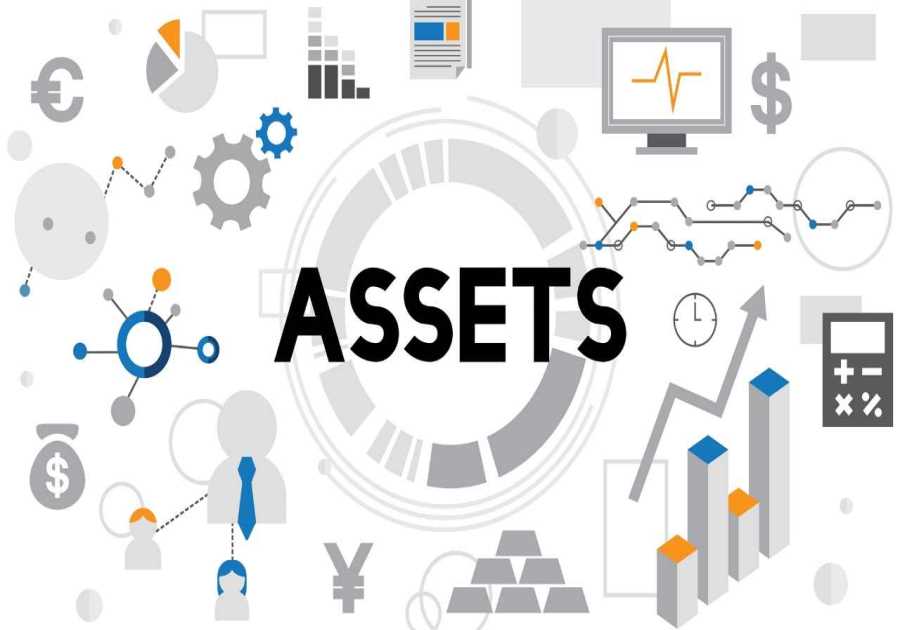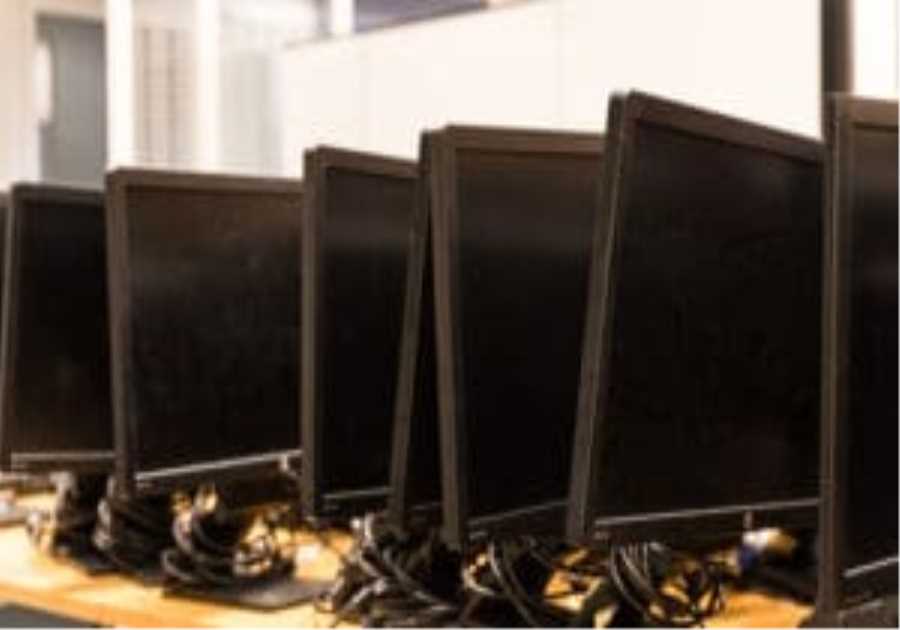
Crowded offices with phones ringing and computers buzzing are gone and forgotten. The workplace has changed dramatically and irreversibly over the years. Work flexibility and autonomy are major reasons for the skyrocketing popularity of remote and hybrid workplaces. The increased demand for flexible work arrangements has driven businesses worldwide to create virtual workplaces. This transformation is just the beginning, as Artificial Intelligence (AI) and automation continue to shape the future of work.
The Evolution of the Workplace
The fact is that the workplace has changed recently. Advanced apps and platforms have stored piles of files in the cloud, and employees can meet face-to-face using virtual conferences. Backed up with innovative tech solutions, business owners adopt flexible work models to meet employees’ increased need for flexibility and work-life balance, boosting their productivity and performance.
Remote Work: A Double-Edged Sword
Once an experiment, remote work is now a standard offering in companies’ benefits lists. This shift has brought several advantages:
- Flexibility: Employees can create work schedules around their commitments.
- Diversity: Companies can choose top talent from a global pool, encouraging diversity and innovation.
However, remote work is not without its challenges:
- Isolation: Without regular in-person interactions, some employees might feel disconnected, and lonely. This can lead to serious mental issues like anxiety and depression.
- Overworking: The blurred lines between home and work can lead to longer hours and burnout.
The Hybrid Work Model: Best of Both Worlds?
Hybrid turns out to be a perfect combination of both in-office and remote working by allowing employees to split their time between home and the office. This model offers unseen flexibility that allows employees to enjoy the increased independence of remote work while having the freedom to come to the office when they need social interaction and team collaboration.
AI’s Impact on the Future of Work
Artificial Intelligence (AI) is supposed to significantly shape the future of work in various ways, driving productivity and fostering new job opportunities. AI technologies evolve, driving automation that could reshape employment, especially in routine and repetitive tasks. This major development will make some positions redundant while opening some new employment opportunities on the market
Besides having the potential to automate tasks AI can also create jobs in sectors in-person interaction and complex decision-making are crucial. For example, in healthcare, AI is improving diagnostic accuracy and treatment efficacy, which could lead to new roles in medical data analysis and AI-driven therapeutic strategies.
You can also rely on AI to boost workplace productivity. AI-powered tools will automate menial tasks, saving employees time to focus on more meaningful, creative tasks. In this way, your employees may feel more efficient and self-confident, and most importantly more satisfied with their work.
Regarding workplace dynamics, AI can help manage remote teams by optimizing scheduling and task management, which is particularly relevant with the evident rise of remote work AI-driven analytics can also provide managers with insights into team performance and help identify areas where support or training is needed, thus optimizing overall operational efficiency.
The negative side of the groundbreaking AI development is that some roles will become redundant. On the other hand, this development will enable the creation of new roles and boost productivity and job satisfaction across various industries. If you want to drive your business forward, you should invest in AI technology, training and upskilling your workers to prepare them for the future of work
Strategies to Overcome Remote Work Challenges
Adopting AI and automation offers several strategies to combat the challenges of remote work:
- Structured schedules: AI can help manage calendars automatically to prevent burnout.
- Virtual meeting assistants: AI-driven tools can enhance virtual interactions, making remote meetings more productive and engaging.
The Role of Employee Monitoring
Remote monitoring apps are a vital tool for employers navigating the new normal. By providing detailed insights into how employees spend their working hours, our software helps in:
- Boosting productivity: Understand work patterns and identify areas where support is needed.
- Enhancing accountability: Maintain transparency in work processes, crucial for remote and hybrid models.
Final Words
The future of work is here with AI and automation tools to boost efficiency. They will also become a precondition for a more adaptable, inclusive, and dynamic workplace environment. By embracing these technologies, you’ll overcome the challenges of today and pave the way for a more innovative tomorrow. Harness the power of AI with employee monitoring and transform your workplace into a thriving eco
Interesting Related Article: “The Role of Artificial Intelligence in Financial Markets“
------------Read More
By: Stephanie Ross
Title: Harness AI to Transform Your Workplace: Embrace the Future
Sourced From: marketbusinessnews.com/harness-ai-to-transform-your-workplace-embrace-the-future/380417/
Published Date: Thu, 09 May 2024 17:54:13 +0000
Did you miss our previous article...
https://trendinginbusiness.business/business/us-marines-special-ops-test-riflewielding-aipowered-robot-dogs-report-says
.png)





